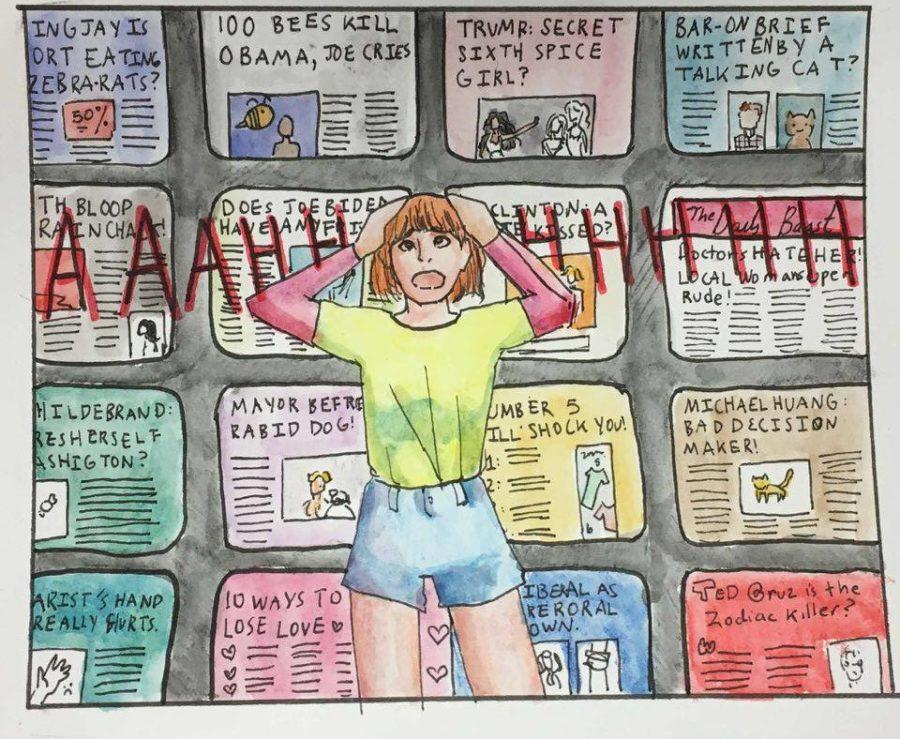The Bar-On Brief: The pen is becoming the sword
A guide to differentiating between real news, fake news and analysis

The pen is mightier than the sword. That’s the phrase I live by as a journalist and someone who values written diplomatic difference of opinion as opposed to senseless, physical conflicts.
Given the rise of social media, many more people have access to the pen (albeit digital) than ever before.
In the modern age, it appears as if anyone can be a writer. Anyone can sit at in front of his computer or hold his cellphone, type away and publish. But there is a difference between being a writer and being a journalist.
Everyone is entitled to broadcast their opinion, but nobody is entitled to broadcast these as facts. Anyone can indeed be a writer, but not everyone can be a journalist. Differentiating between the two is vital for the audience who consumes the news.
Facebook CEO Mark Zukerberg certainly realized the problem after taking heat for the countless fake news stories, most of which concerned the election, that were published on the social networking site. Zuckerberg announced that Facebook is in the process of coming up with a way to filter fake news from the news feed.
Social media sites like Facebook would need users to help filter the news by flagging the fake news. But how are we to know what is fake and what is real?
As cliche as it might sound, it is important to trust the brand name and read the news from accredited organizations who can offer first-hand reporting on an event. No journalist should ever report on an event that he did not witness first hand.
That is precisely the reason why The Epitaph’s news section is free of any articles that report directly about world or even national events. The only articles found in the news section are ones where members of the local community are interviewed.
The Epitaph reporters — and all reporters for that matter — must refrain from reporting on stories such as the presidential election, where the writer is required to read first-hand articles.
That is not to say second-hand reporters should refrain from analyzing and sharing opinions about stories such as the election. And it most certainly does not mean second-hand reporters should refrain from reporting on the local reaction to national events.
When it comes to the opinion section, one will find articles ranging in scope from school-specific issues to world event analysis. It does not require first hand reporting to analyze the news. An analysis of the news is founded on facts — ones that ought to be reported accurately and firsthand as established before.
The tricky part is ensuring the news and opinion section are kept separate. One can quickly tell whether a news article is written professionally based on the citation of the facts. If there are facts not attributed to a person, organization or other source, it is classified as a personal opinion. Accurate news articles should be neutral and therefore rid of these.
The pen is mightier than the sword. But the pen is only mighty when it is used to make accurate statements or fact-based opinions. The pen is unscrupulous when it is transformed into a sword and used to corrupt the facts. Do not let distorted information pervert your fact-based opinion.
And with that, I rest my case.
The Bar-On Brief is a weekly column that runs Thursdays.
Follow Shauli Bar-On on Twitter @shauli_baron









Susan Wilson • Dec 1, 2016 at 8:19 pm
In a time of poisoned swords spreading inaccurate and subversively fake news, this is timely. Thanks, Shauli.